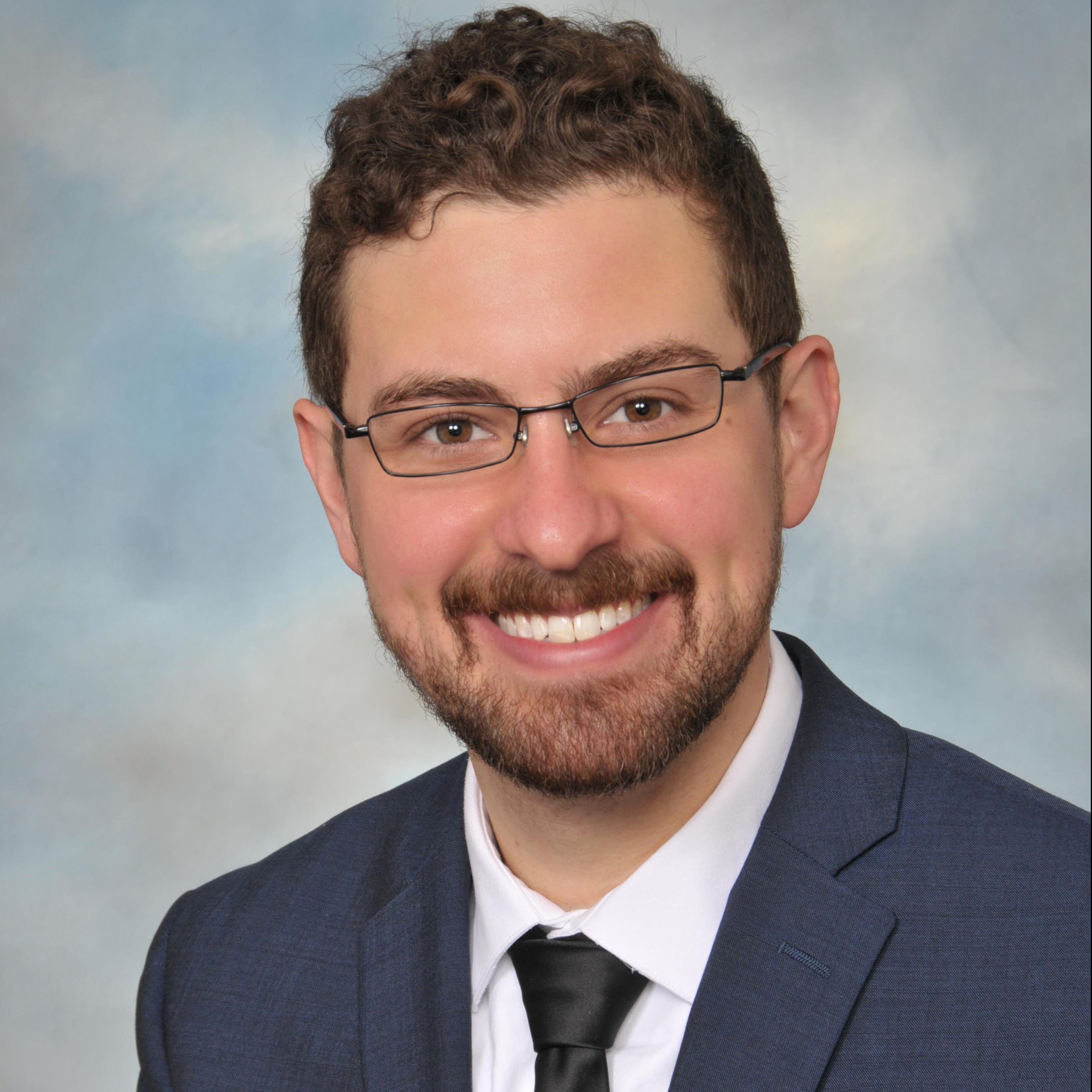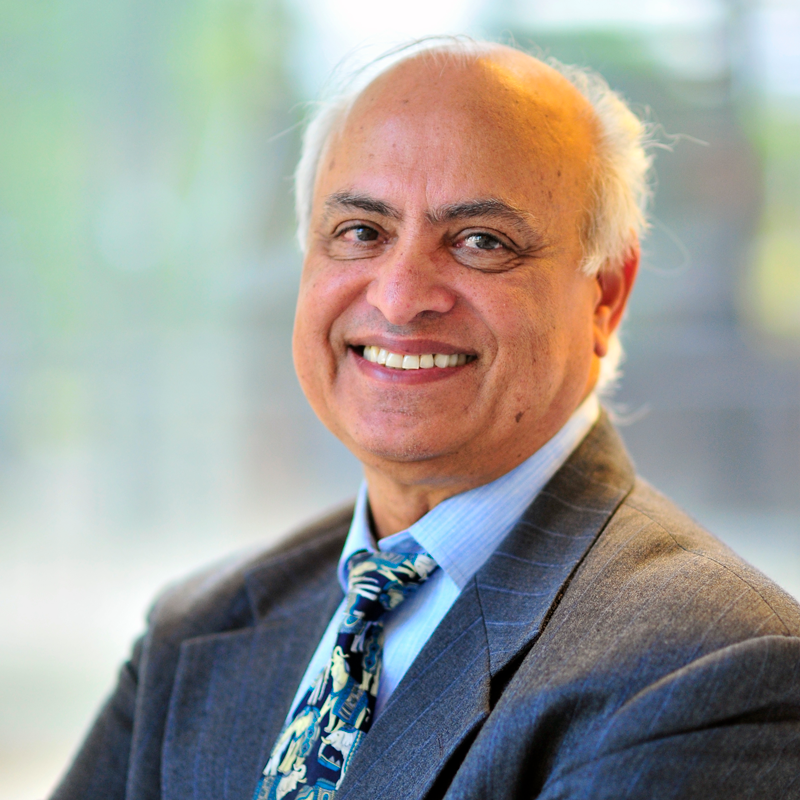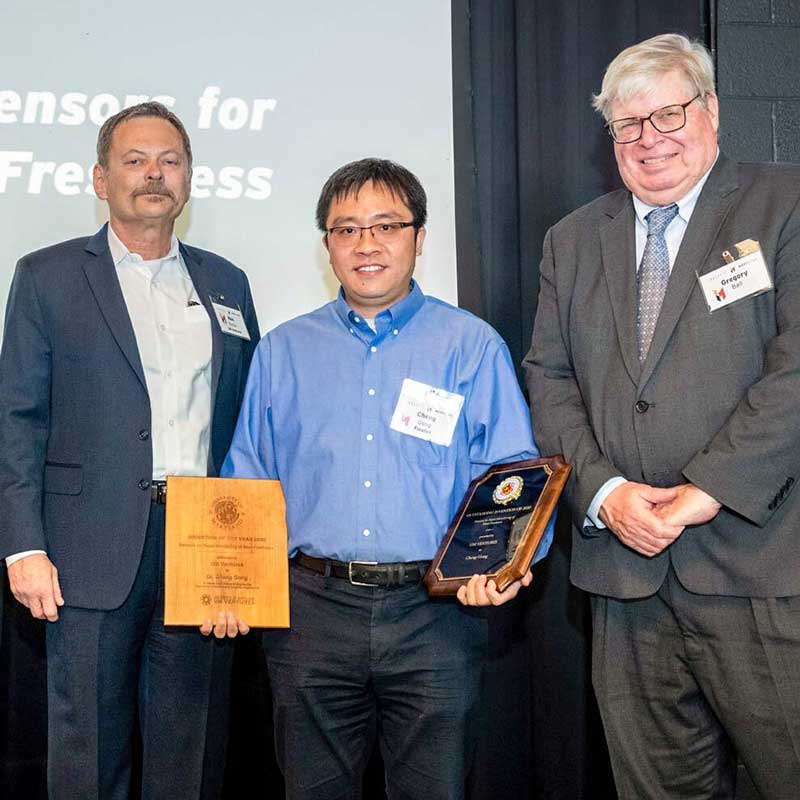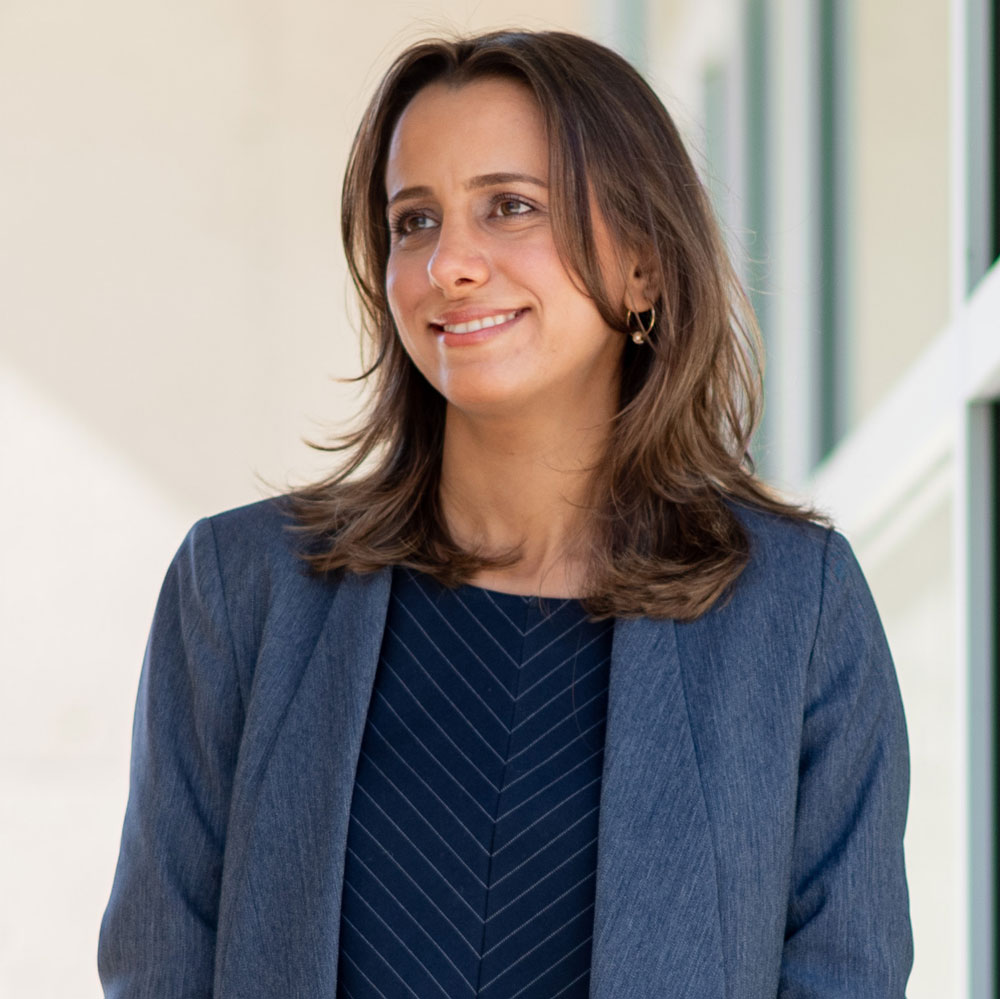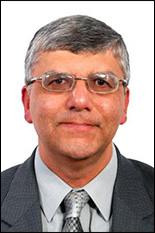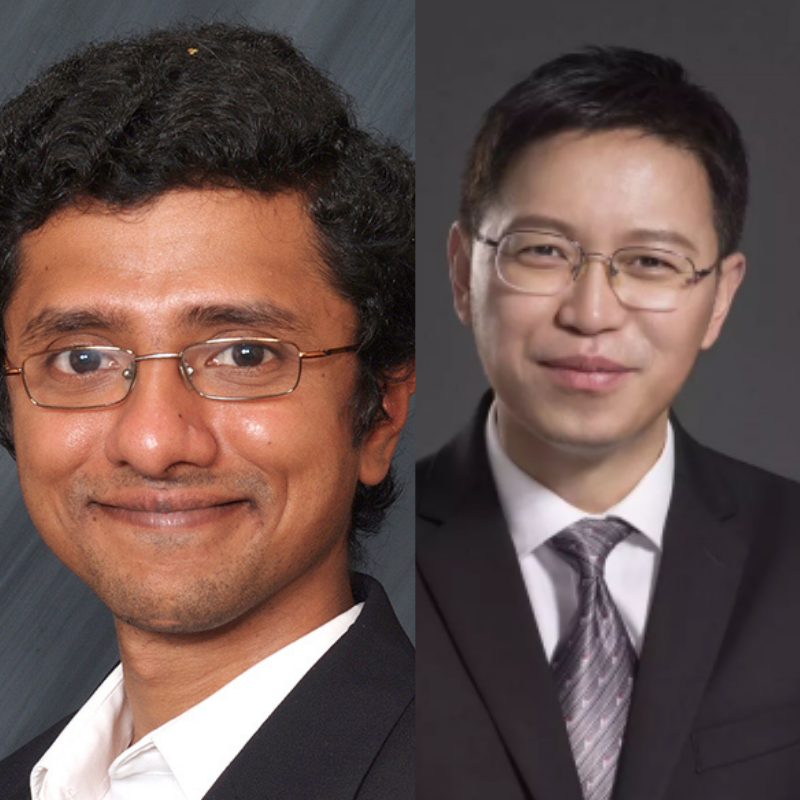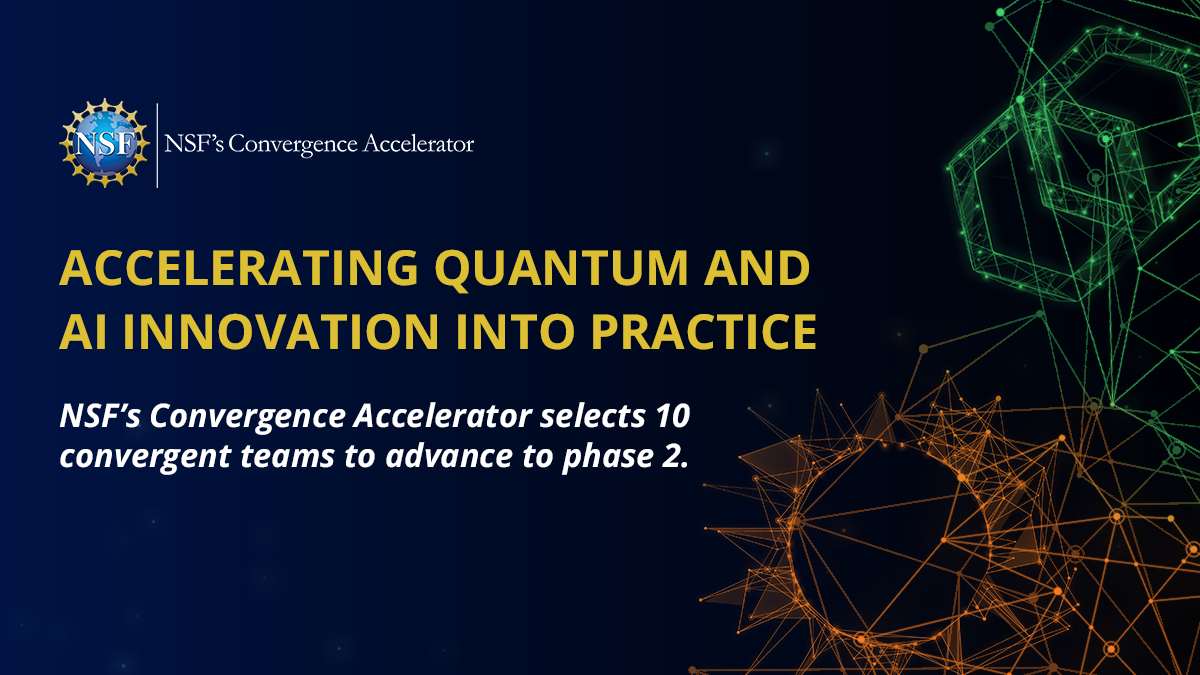Grace O’Connell Receives Presidential Early Career Award
October 29, 2025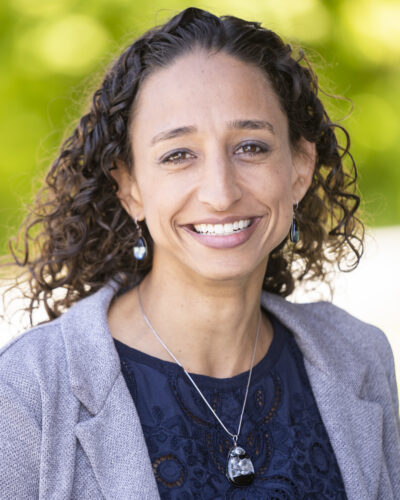
University of Maryland (UMD) alumna and Fischell Department of Bioengineering (BIOE) Advisory Board member Grace O’Connell, Ph.D. ’09, has received the Presidential Early Career Award for Scientists and Engineers (PECASE). The award is the highest honor given by the U.S. government to early-career scientists and engineers who show exceptional promise in research, leadership, and outreach.
O’Connell earned her Bachelor of Science from the UMD Department of Aerospace Engineering and received her Ph.D. in Bioengineering from the University of Pennsylvania. Currently, she is a Professor of Mechanical Engineering at the University of California, Berkeley, where she directs the Berkeley Biomechanics Laboratory. Her research combines computational modeling and experimental methods to understand how soft tissues such as tendons, ligaments, and intervertebral discs respond to aging, disease, and injury.
Her award-winning work focuses on bridging the gap between computational predictions and experimental observations of biological tissues. By integrating data from mechanical testing and quantitative magnetic resonance imaging into finite element models, her team aims to better understand how spinal tissues change with early degeneration and how that knowledge can guide surgical planning and treatment strategies.
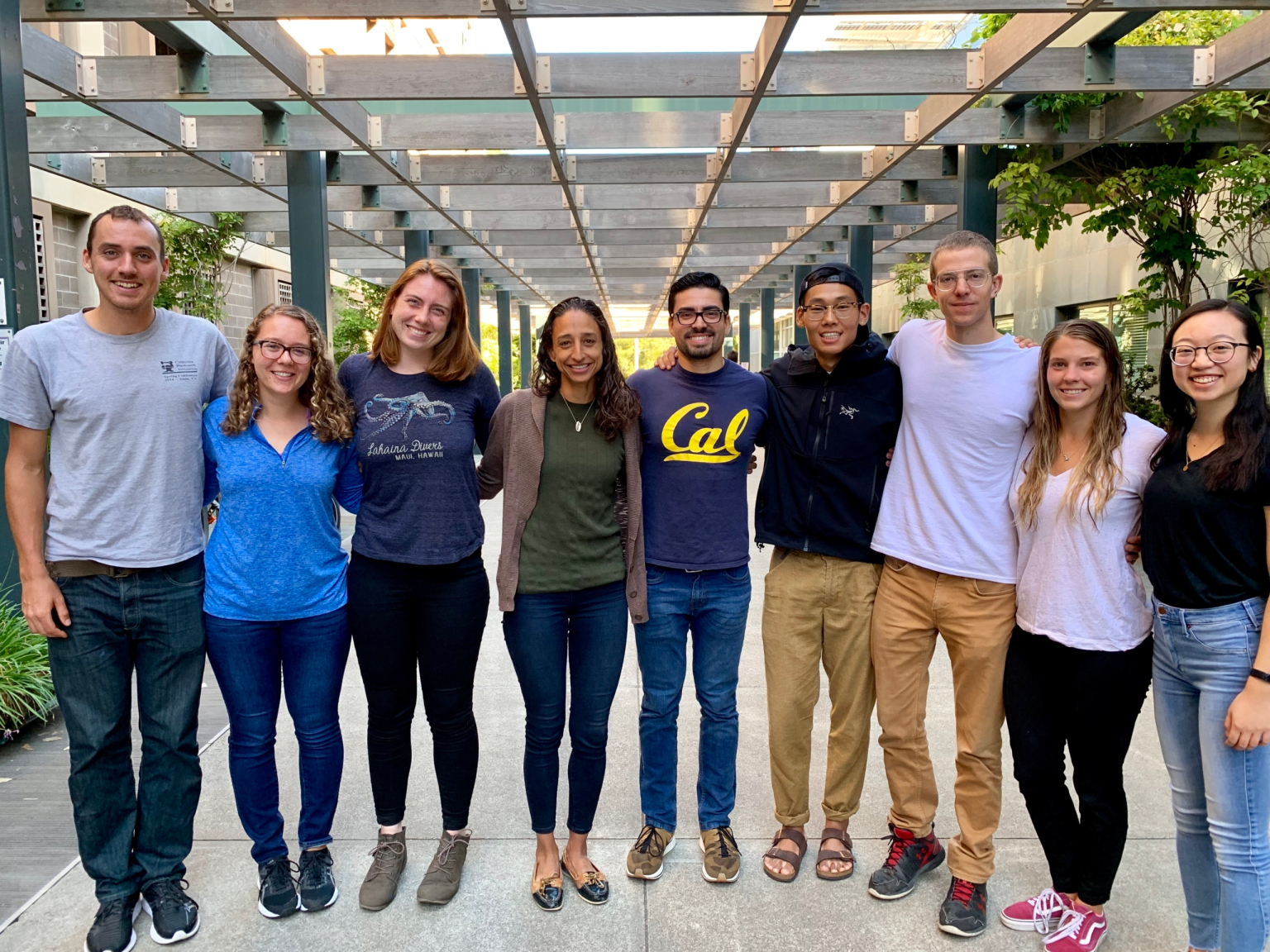
“Receiving this award is incredibly meaningful to me. Personally, it is a humbling reminder of the mentors, collaborators, and students who have shaped my path. Professionally, it reflects the importance of closely tying empirical data to computational models that can be used to better understand disease progression and aid in surgical planning.”
-Grace O’Connell
“Receiving this award is incredibly meaningful to me,” O’Connell said. “Personally, it is a humbling reminder of the mentors, collaborators, and students who have shaped my path. Professionally, it reflects the importance of closely tying empirical data to computational models that can be used to better understand disease progression and aid in surgical planning.”
Her lab’s methods are now being expanded to projects funded by the National Institutes of Health, including research to predict mechanical outcomes of tethering surgery for adolescent idiopathic scoliosis.
“One of the most rewarding aspects of my research journey has been working with students and watching their curiosity and skills grow as they contribute to real discoveries,” O’Connell said. “It is incredibly fulfilling to see our findings deepen understanding of disease development while also informing clinical outcomes.”
In addition to her research, O’Connell continues to support the next generation of engineers through her service on the BIOE Advisory Board. O’Connell describes that on the board, her experience has strengthened her perspective on mentoring and collaboration across institutions, reinforcing the importance of community in advancing bioengineering education and innovation.
O’Connell is also a fellow of the American Society of Mechanical Engineers (ASME) and the American Institute for Medical and Biological Engineering (AIMBE). Her previous honors include the NSF CAREER Award and the Y.C. Fung Young Investigator Award.

